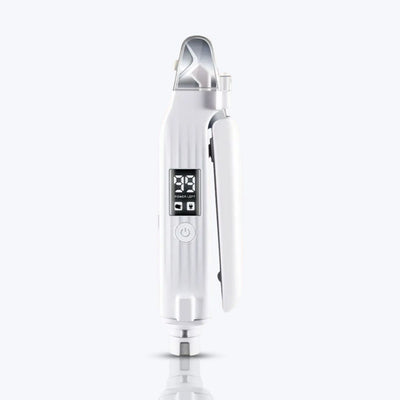As a loving dog owner, you want to ensure your furry friend stays healthy and happy. One of the best ways to do this is by keeping up with their vaccinations. Vaccines protect your dog from various infectious diseases, some of which can be life-threatening. Let's break down the essential vaccinations your dog needs and the best schedule to follow.
Core Vaccinations: The Must-Haves
1. Rabies
Rabies is a serious virus that can affect both animals and humans. It's not just crucial for your dog's health—it's often required by law.
- When to Vaccinate: First dose at 12-16 weeks old, a booster at one year, and then every 1-3 years depending on local regulations.

2. Distemper
This highly contagious virus affects your dog's respiratory, gastrointestinal, and nervous systems.
-
When to Vaccinate: First dose at 6-8 weeks old, with boosters every 3-4 weeks until 16-20 weeks old. A booster is needed at one year, then every 1-3 years.

3. Parvovirus
Parvo is a severe and highly contagious disease that mainly affects puppies but can be dangerous for dogs of all ages.
-
When to Vaccinate: First dose at 6-8 weeks old, with boosters every 3-4 weeks until 16-20 weeks old. A booster is needed at one year, then every 1-3 years.

4. Adenovirus (Hepatitis)
This vaccine protects against two types of adenovirus: one causing hepatitis and the other respiratory infections.
-
When to Vaccinate: First dose at 6-8 weeks old, with boosters every 3-4 weeks until 16-20 weeks old. A booster is needed at one year, then every 1-3 years.

Non-Core Vaccinations: Important Based on Lifestyle
5. Bordetella (Kennel Cough)
This bacterium causes a highly contagious respiratory disease, especially in places where dogs gather, like kennels and dog parks.
- When to Vaccinate: Initial dose at 8 weeks old, followed by a booster 2-4 weeks later. Annual or semi-annual boosters may be needed based on your dog's exposure risk.

6. Leptospirosis
Leptospirosis is a bacterial disease that can affect both dogs and humans, causing serious kidney and liver problems.
-
When to Vaccinate: First dose at 12 weeks old or older, followed by a booster 2-4 weeks later. Annual boosters are recommended.

7. Lyme Disease
This disease is caused by ticks and can lead to serious health issues for your dog.
- When to Vaccinate: First dose at 12 weeks old or older, followed by a booster 2-4 weeks later. Annual boosters are recommended for dogs in high-risk areas.

8. Canine Influenza
This highly contagious respiratory infection can spread quickly among dogs.
- When to Vaccinate: Initial dose at 6-8 weeks old, followed by a booster 2-4 weeks later. Annual boosters are recommended.

Why Vaccination Schedules Matter
Keeping your dog's vaccinations up-to-date is crucial for their health and well-being. Regular veterinary visits and timely vaccinations help protect your dog from many preventable diseases. Make sure to consult with your vet to create a personalized vaccination schedule tailored to your dog's specific needs and lifestyle.
By staying informed and proactive about your dog's health, you can ensure they remain a happy and healthy companion for years to come. Here's to many more joyful and tail-wagging moments with your furry friend!
Feel free to share this post with fellow dog owners to spread the word about the importance of vaccinations. If you have any questions or want to share your experiences, leave a comment below!























